A containerised high energy laser demonstrator developed by Rheinmetall and MBDA in Germany has moved from sea trials to further testing at the Laser Competence Centre in Meppen, the companies said.
The partners said a fully operational system could be available from 2029, subject to further trials and integration work, according to their joint press release.
The demonstrator spent a year at sea aboard the frigate Sachsen, where it completed more than 100 live firing trials and additional tracking tests. Rheinmetall and MBDA said those trials proved the system’s robustness and performance under realistic maritime conditions, including engagement of small, fast moving targets without relying on the landscape as a beam block.
The container has now been commissioned at the Technical Centre for Weapons and Ammunition, WTD 91, in Meppen for further land based drone defence testing.
Rheinmetall and MBDA positioned the demonstrator as a complement to existing shipboard weapons, saying the laser can neutralise drones and small boats at low cost per shot while freeing missiles and guns for higher value threats.
The companies added that the system could, with future enhancements, be developed to engage supersonic guided missiles, rockets, and even mortar and artillery projectiles, although those capabilities remain prospective and would require significant power and tracking upgrades. All capability claims are qualified by the firms’ statements.
Work on the programme has been split between the two firms. MBDA in Germany is responsible for target detection and tracking, the control console, and integration with command and control. Rheinmetall handles aiming, beam guidance, mechanical and electrical integration aboard the Sachsen and the high energy laser source and peripherals. The partners described the effort as “designed and made in Germany,” reflecting a long standing cooperation that began in 2019.
WTD 91’s involvement in the acceptance process at Meppen was highlighted as a validation step ahead of accelerated trials ashore. The companies said the land based phase will refine the demonstrator’s drone counter capabilities under controlled conditions and inform any decisions about fleet integration.
The press release said the technology has shown “high reaction speed and accuracy in combating drones,” but industry observers note operational deployment will hinge on power generation, cooling, and ship integration issues.


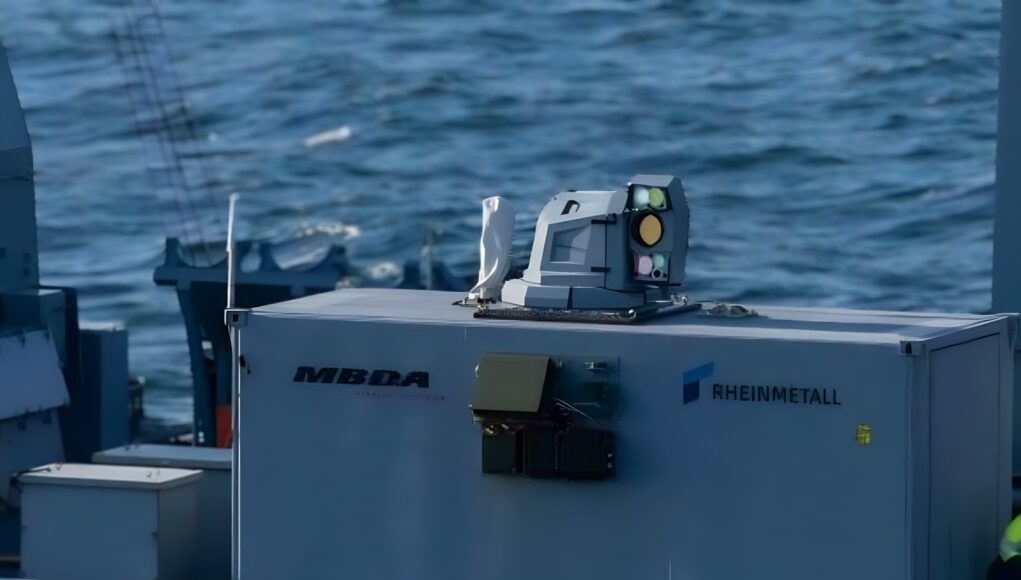
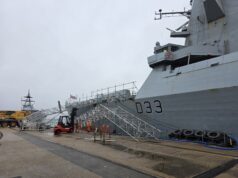
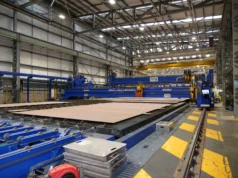
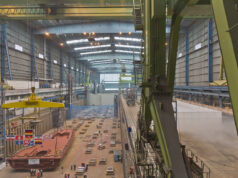

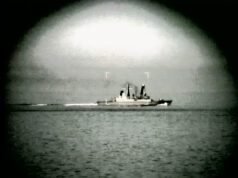
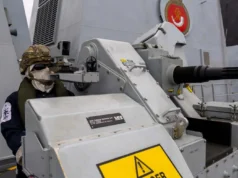

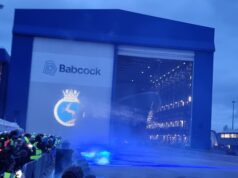
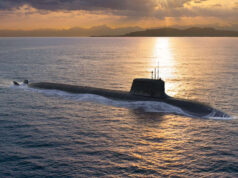
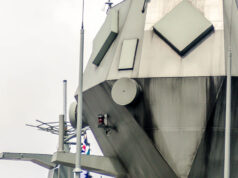

meanwhile our mythical dragonfire is as usual, not to be mentioned despite the millions that have been thrown at it.
It is interesting to compare Dragonfire, Apollo, this and US systems.
Is the UK investing in an excellent DEW solution or one that is already outranged by competitive systems?
The UK has traditionally been great at innovation but is this being stifled by moribund thinking, services & Government?